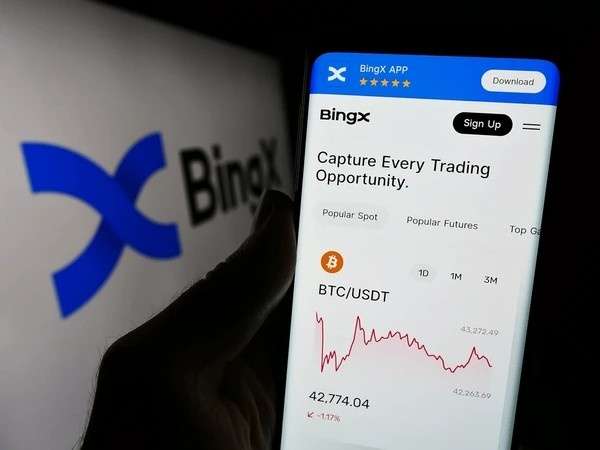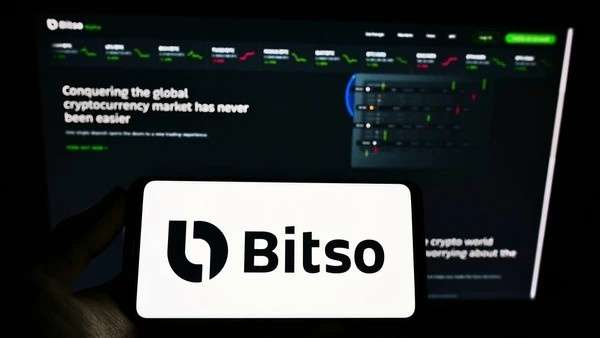In this article, I delve into the realm of peer-to-peer (P2P) cryptocurrency exchanges, examining their functionalities, benefits, challenges, and the criteria to consider when evaluating these platforms.
Table of Contents
Understanding Peer-to-Peer (P2P) Cryptocurrency Exchanges
Peer-to-peer cryptocurrency exchanges operate as decentralized platforms that facilitate direct transactions between buyers and sellers without the need for intermediaries. Unlike traditional exchanges that match orders through central order books, P2P exchanges enable users to trade cryptocurrencies directly with each other, offering flexibility and anonymity in transactions.
Benefits of Using P2P Cryptocurrency Exchanges
- Decentralization: P2P exchanges embody the decentralized ethos of cryptocurrencies, allowing users to maintain control over their funds and trade directly with counterparties.
- Anonymity: Transactions on P2P exchanges often involve minimal disclosure of personal information, enhancing privacy for users compared to centralized platforms.
- Global Accessibility: These platforms enable users from diverse geographical locations to participate in cryptocurrency trading, fostering inclusivity within the digital economy.
Operational Mechanisms and User Experience
Operating on user-friendly interfaces, P2P cryptocurrency exchanges facilitate trades through escrow services and smart contracts that ensure secure transactions. Sellers list their offers, specifying prices and payment methods, while buyers browse listings and initiate trades based on their preferences. Dispute resolution mechanisms and user ratings further enhance trust and reliability within P2P trading environments.
Security and Risk Management
While P2P exchanges promote user autonomy and privacy, they also present security challenges such as fraud and scams. Robust security measures, including multi-signature wallets, escrow services, and user verification protocols, are crucial for mitigating risks and protecting participants’ assets. User education and adherence to best practices in secure trading play pivotal roles in maintaining the integrity of P2P transactions.
Regulatory Considerations
Navigating regulatory frameworks remains a critical aspect for P2P exchanges, as varying legal interpretations and compliance requirements impact their operational scope. Adherence to anti-money laundering (AML) and know your customer (KYC) regulations helps exchanges foster trust with regulatory authorities and mitigate illicit activities within their platforms.
Evaluating the Best P2P Cryptocurrency Exchanges
LocalBitcoins
LocalBitcoins is a prominent P2P exchange known for its global user base and diverse trading options. Facilitating direct transactions in local currencies, LocalBitcoins offers competitive pricing and robust escrow services, making it a preferred choice for decentralized cryptocurrency trading.
Paxful
Paxful distinguishes itself through its expansive network of users and comprehensive payment method support. Catering to diverse market needs, Paxful enables users to trade cryptocurrencies securely through escrow and mediation services, emphasizing accessibility and reliability.
Bisq
Bisq operates as a decentralized P2P exchange that prioritizes user privacy and censorship resistance. Built on blockchain technology, Bisq facilitates non-custodial trades with minimal platform intervention, empowering users with full control over their trading activities and financial assets.
Conclusion: Navigating the P2P Cryptocurrency Exchange Landscape
Peer-to-peer cryptocurrency exchanges offer a decentralized alternative to traditional trading platforms, empowering users with autonomy, privacy, and global accessibility. By evaluating the operational mechanisms, security protocols, regulatory considerations, and user experiences associated with leading P2P exchanges, I gain valuable insights into navigating this dynamic sector with informed decision-making and confidence.
This comprehensive exploration highlights the intricacies of peer-to-peer (P2P) cryptocurrency exchanges, emphasizing their decentralized nature, operational functionalities, security measures, regulatory challenges, and prominent platforms in the market. By critically analyzing these aspects, I aim to provide readers with a nuanced understanding of P2P trading and its evolving role within the broader cryptocurrency ecosystem.





